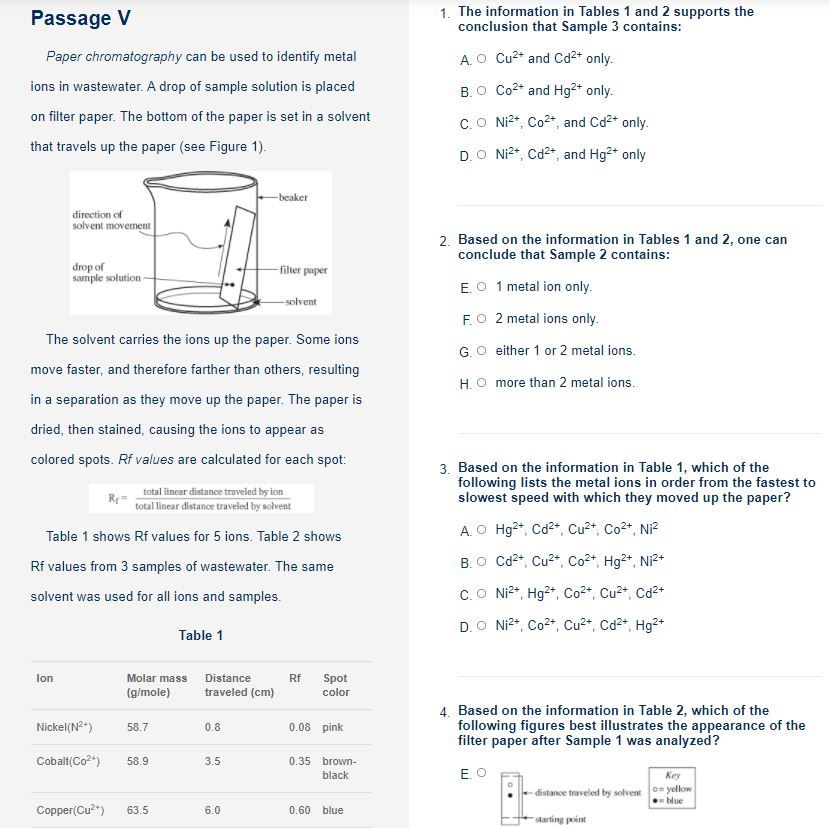The ACT and the SAT are both respected and equally recognized by most universities. Colleges use these scores to compare applicants before offering admission to their university. So, which one should you take? At first glance, it’s hard to see their differences. Let’s take a look at the similarities and differences between the SAT and ACT so you can make the most informed testing decision.
SAT vs. ACT: An Overview
While the SAT and ACT are both standardized exams, they are distinctively different tests that assess a student’s ability and readiness for university. For decades, the SAT and ACT have rivaled each other. The SAT was originally a more psychological test that assesses aptitude for learning, and the ACT, a placement test used as an indicator for academic preparation and achievement.
SAT vs. ACT Overall Comparison
| ACT | SAT | |
|---|---|---|
| Number of Question | 215 | 154 |
| Length of Assessment | 3 hours 35 minutes | 3 hours 15 minutes |
| Scoring Scale | 1-36 | 400-1600 |
| Sections | Math (Calculator and Non-Calculator), Reading and Writing | Math, Reading, Writing, and Optional Essay |
| Test Dates | Four times per year – March, May, October, and December | Six times per year – February, April, June, July, September, and October |
COVID-19 Impact on the SAT and ACT
Universities re-examined SAT and ACT testing when the COVID-19 pandemic hit, and testing sites were not available to everyone. The popularity of these tests was already waning, so the pandemic allowed schools to re-evaluate their effectiveness. With testing options available again, some universities are choosing test-optional (choose whether or not to submit your scores), test-blind (schools don’t consider test scores in admissions decisions), and even eliminating the test scores from the application. However, completing these tests still helps you stand out from other applicants, especially in test-optional applications. Some schools also use the test scores for class placements.
Find out which universities are going test-optional, test-blind, or test-flexible.
Similarities between the SAT and ACT Tests.
While the tests do not contain the same assessments, the SAT and ACT have several similarities, including:
- They take over three hours to complete. (The ACT is 15 minutes shorter.)
- They give colleges a solid overview of each student’s capabilities
- They cover basic subjects like reading, writing, and mathematics
- Typically, 3rd and 4th-year high school students take these tests
- Registration for both opens about one month before the test date
- Most universities generally accept both
- Students aren’t penalized for a wrong answer
- Contain passage-based reading and writing questions
Differences between the SAT and ACT Tests
1. SAT vs. ACT Scores
After completing the SAT, you receive a score between 400 and 1600, whereas the ACT scores are between 1 and 36. While these scoring numbers are different, university admissions use a simple conversion chart to compare test scores with other applicants.
Learn more about what is a good SAT score and ACT score and how you can achieve them.
ACT to SAT Score Conversion Chart
| ACT Composite Score | SAT Composite Score |
|---|---|
| 36 | 1600 |
| 35 | 1560-1590 |
| 34 | 1520-1550 |
| 33 | 1490-1510 |
| 32 | 1450-1480 |
| 31 | 1420-1440 |
| 30 | 1390-1410 |
| 29 | 1350-1380 |
| 28 | 1310-1340 |
| 27 | 1280-1300 |
| 26 | 1240-1270 |
| 25 | 1200-1230 |
| 24 | 1160-1190 |
| 23 | 1130-1150 |
| 22 | 1100-1120 |
| 21 | 1060-1090 |
| 20 | 1020-1050 |
| 19 | 980-1010 |
| 18 | 940-970 |
| 17 | 900-930 |
| 16 | 860-890 |
| 15 | 810-850 |
| 14 | 760-800 |
| 13 | 720-750 |
| 12 | 630-710 |
| 11 | 560-620 |
2. Number of Test Questions
The ACT has 215 assessment questions compared to the SAT, which has 154 questions. This difference impacts the timing per section for each assessment.
3. Timing
The SAT gives you more time per section, allowing you to spend longer on each question. However, this may be because SAT questions include more writing and require more problem solving, while ACT questions are more straightforward. For example, the SAT’s reading comprehension section allows about 13 minutes per passage. The ACT only gives you about eight minutes per passage.
4. Test Sections
While both tests cover Math, Reading, and Writing, the ACT also includes a science section. The SAT has an additional non-calculator math section and includes a basic formula page.
Both tests had an optional extended writing section but discontinued this section in June 2021. The ACT now has an optional writing section that includes a prompt. This section allows students to express their personal opinions on a subject and back them up with a convincing argument.

5. Command of Evidence Questions
The SAT and ACT each have a category that assesses reading skills. However, the SAT includes command of evidence questions. These questions rely on your answer to the questions that precede it. You’re required to identify the text that provides the best evidence for your answer by looking at your answer to the previous question.

Which Is Easier, the SAT or ACT?

Understandably, this is a common question. You want to take the easier test to have a better chance of a high score. Some people argue that the ACT is easier because it adds up to a lower score. Universities use both tests as academic measures to compare students. They are similar in difficulty with a comparable level of challenge. Most colleges will back this up, stating both tests are equally challenging.
Should I Take The SAT Or ACT?
If both tests are equally challenging, which one should you take? First, evaluate where your natural abilities lie. In general, students who enjoy writing, literature, and verbal communication tend to prefer the ACT. Those more mathematically-minded prefer the SAT.
Strong Math Skills
The SAT math section is split into one calculator and one non-calculator section, with a math formula guide to assist with the problems. These sections contribute to about 50% of your final SAT score.
The ACT only has a calculator section that accounts for about 25% of the overall score. If math is not your strong point, sitting the ACT may be the better option.
Practice Both Tests
If you’re still unsure which test you should take, try taking a practice test for the SAT and ACT. Compare your scores, how you felt about the questions, and which one felt easier for you.
Try out our free SAT mini test.
Take Both Tests
There’s nothing wrong with taking both tests. While this means you have to study for both tests, it also means you can submit your best score. While you can take the tests more than once, universities discourage taking the test more than three times.
Final Thoughts
The key to achieving success in the SAT or ACT is preparation. If you take steps to prepare for the tests, understand each test’s objective, and choose the one that matches your learning and test style, you have the best chances of succeeding. Crimson can help you ace your SAT and ACT. Speak to a Crimson advisor today.
Frequently asked questions about the SAT and ACT
Is the ACT easier than the SAT?
Universities use both tests as academic measures to compare students. They are similar in difficulty with a comparable level of challenge. Most colleges will back this up, stating both tests are equally challenging.
Do colleges prefer the ACT or SAT?
Colleges do not have a preference for one test over another. Students tend to choose a test based on which is popular in their region and their academic learning style.
Do you have to take the SAT and ACT?
No, you do not have to take both the SAT and ACT. All schools accept both SAT and ACT scores but only require you to submit one or the other. If you choose to take both the SAT and ACT, you can submit the stronger score in your college application. If you decide only to take one test, select the one geared more towards your strengths and focus your study time on that test.
What do SAT and ACT stand for?
The SAT originally stood for the “Scholastic Aptitude Test.” As the test evolved, they dropped the name, and it’s now just known as the SAT.
Developed in 1959, the ACT originally stood for “American College Testing.” Over time, they dropped the long name. Now the ACT acronym stands for itself.
